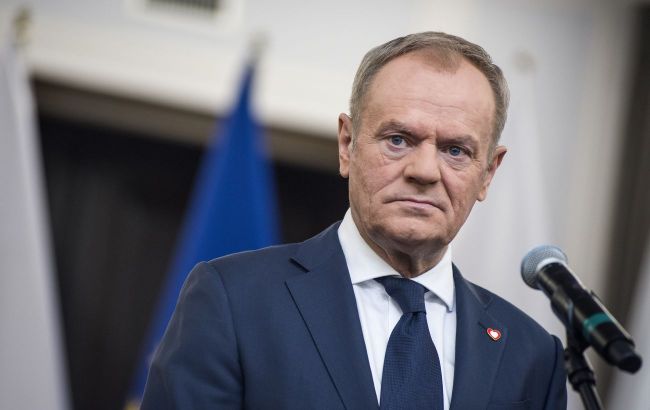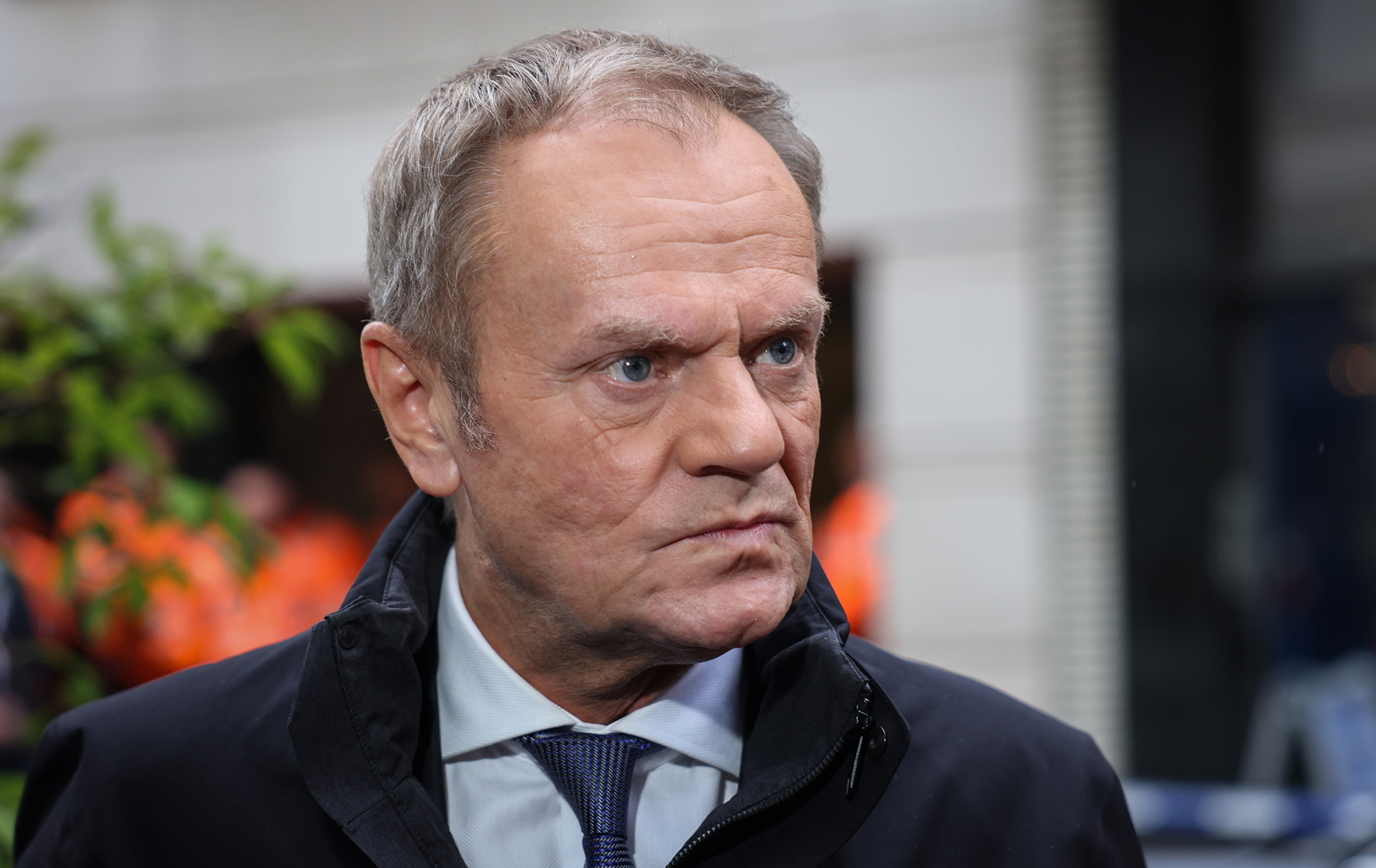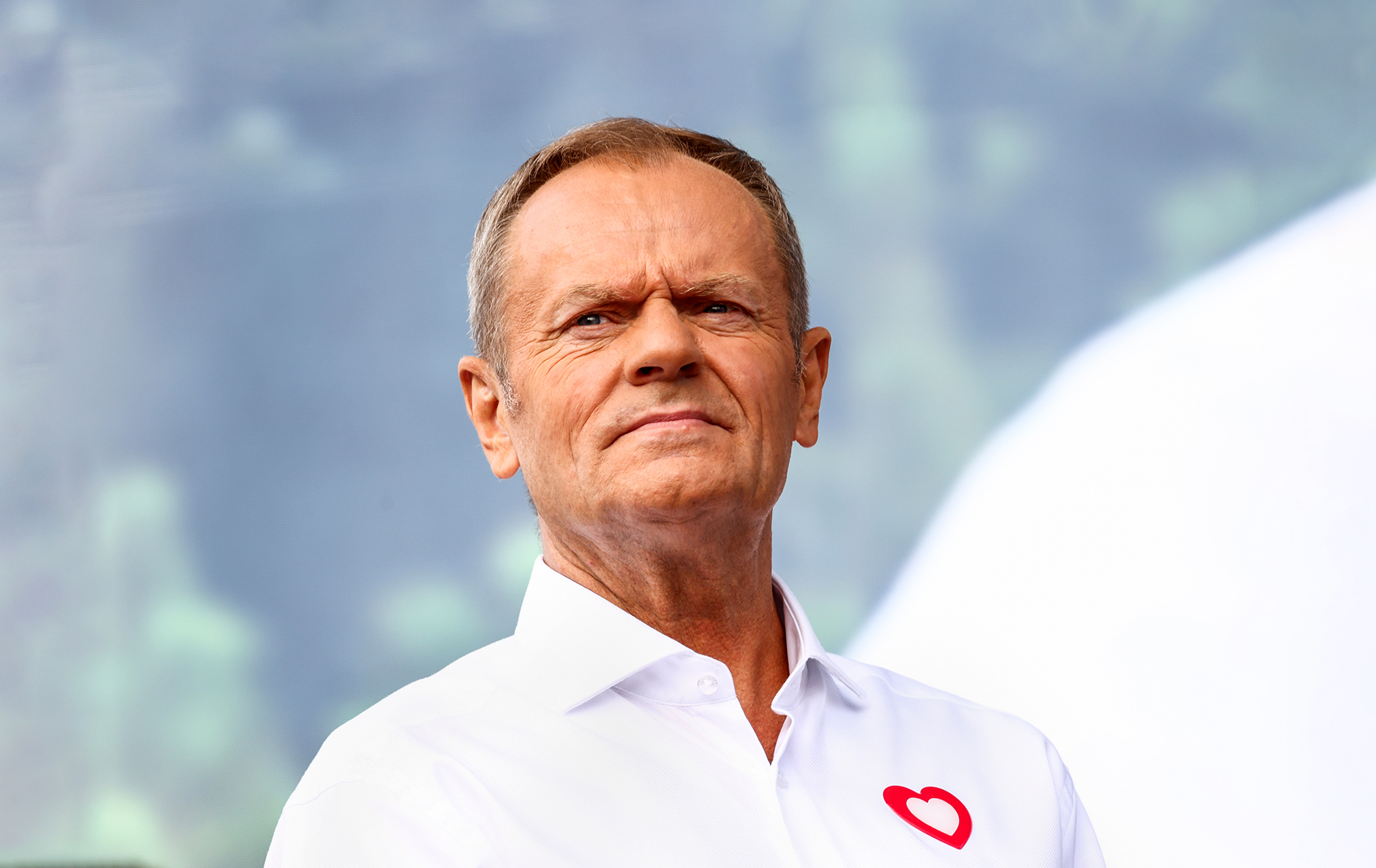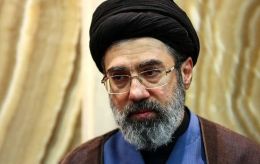Meet Donald Tusk: Poland's new Prime Minister and his stance on Ukraine
 Donald Tusk became the Prime Minister of Poland (Photo: Getty Images)
Donald Tusk became the Prime Minister of Poland (Photo: Getty Images)
Donald Tusk became the new Prime Minister of Poland after the Morawiecki government failed to receive a vote of confidence. Tusk has previously held this position and served twice as the President of the European Council. The politician supports Ukraine, advocates for increased military aid, and promises to immediately resolve the border blockade issue.
RBC-Ukraine has compiled everything known about Donald Tusk and his stance towards our country, drawing from publications by TVN24, Polsatnews, Voice of America, Wiadomosci, Wikipedia, and Donald Tusk's public statements.
Donald Tusk's biography
Donald Tusk, 66 years old, was born in Gdańsk. He graduated from the History Faculty of Gdańsk University.
Tusk was one of the founders of the Independent Students' Association in Poland. During the martial law in Poland in 1981, he illegally founded the magazine Political Review. He wrote about the advantages of a market economy and economic liberalism.
In 1988, he joined the leadership of the Gdańsk Liberal Congress and led organized public protests against the government.
In 2000, Tusk, along with several politicians, founded the liberal party Civic Platform. At that time, it was the largest opposition party against the post-communist majority. He also assumed the position of Deputy Speaker of the Sejm at that time.
 Photo: Tusk was first elected as prime minister in 2007 (Getty Images)
Photo: Tusk was first elected as prime minister in 2007 (Getty Images)
Since 2003, he has been leading the Civic Platform. In 2005, during the elections, Tusk's political force ranked second, behind the Law and Justice party of the Kaczyński brothers. That same year, he participated in the presidential elections but lost to Lech Kaczyński.
In October 2007, the Civic Platform won in the extraordinary parliamentary elections, and in November, Tusk was appointed the Prime Minister of Poland. In 2011, his party again secured the first place, and Donald Tusk remained the Prime Minister.
In August 2014, he left the position after being elected as the President of the European Council, the highest political body of the European Union. Three years later, Tusk was re-elected for another term.
Tusk in the 2023 Polish elections
In the fall of 2023, Poland held its regular parliamentary elections. According to the voting results, the majority went to the opposition: the Civic Platform under the leadership of Donald Tusk, the 'Third Way' alliance, and the Left Party.
Tusk himself received the most votes from the voters. 538,634 voters supported the former Prime Minister, who ran from Warsaw. Throughout the district, a total of 1,714,719 votes were cast, with the leader of the 'Civic Platform' securing 31.41% of the votes. Additionally, he surpassed his 2007 record (when Tusk received 534,241 votes).
In November 2023, the pro-European parties in Poland reached an agreement to form a coalition, selecting Tusk as the candidate for prime minister.
On December 11, 2023, the Sejm deputies refused to give a vote of confidence to the government of Mateusz Morawiecki, whose party Law and Justice formally received more votes than their opponents. Therefore, the country's president, Andrzej Duda, granted the political force the right to form a government. However, Morawiecki failed to attract any political opponents to his side. The majority of deputies voted against his government.
Today, in the Sejm, voting took place for the opposition's candidate - Donald Tusk. He was supported by 248 deputies, while 201 were against. Thus, the politician became the Prime Minister for the third time.

Photo: Donald Tusk gained the support of the majority in the Sejm (Getty Images)
Tusk's position regarding Ukraine
Called the war a war from the start
The Polish Prime Minister labeled the Russian invasion in eastern Ukraine in 2014 as a war from its outset. He urged Europe to understand that Ukraine was not facing a conflict but a war.
"We must loudly declare that no one can block our initiatives aimed at the successful operation of NATO. Today, looking at the tragedy of Ukrainians, looking at the war - because that's what it is - we know that September 1939 should not be repeated," said Tusk at the time.
He advocated for the implementation of sanctions against Russia, considering them one of the best tools to support Ukraine.
Regarding military support
Since the beginning of the full-scale war, Donald Tusk has advocated for providing enhanced military assistance to the Ukrainian Armed Forces and increasing it, as Ukraine's victory is in Poland's interest.
"In Poland's national interest lies Ukraine's victory. It will impact the economy and refugee issues. The Polish state should not waver on this matter; military support for Ukraine should not be doubted," emphasized the politician.
Concerning border blockades
Following the escalation at the Ukrainian-Polish border, Tusk criticized the inaction of Morawiecki's government, stating that he would "immediately" address the problem of blocking freight transport at the Polish-Ukrainian border after being appointed prime minister.
According to Tusk, he would act in the interests of Polish carriers but would seek to resolve the issues in a manner that would end the border blockade.
"We must live with Ukraine in friendship and support, but at the same time, not ignore Polish interests," he stated.
Regarding the Ukrainian issue in the EU
The leader of the Civic Platform assured that he would stand firm at this week's European Council meeting, where crucial issues related to Ukraine would be discussed.
"I am convinced that from today onwards, most leaders will consider the Polish opinion when it comes to Ukrainian matters and when it comes to Hungary and Orban," said Donald Tusk.
He also mentioned that he would use various arguments and methods "to at least mitigate the negative consequences" of Orban's stance. However, according to Tusk, the Hungarian government has completely shifted to Russian positions, and Orban's relations with Putin have become organic.

